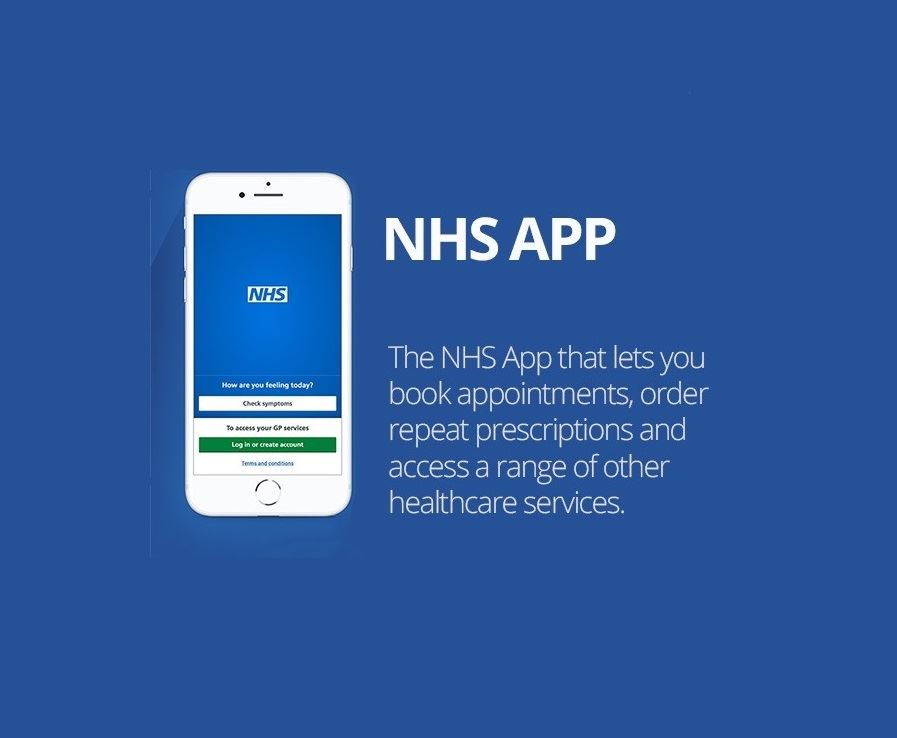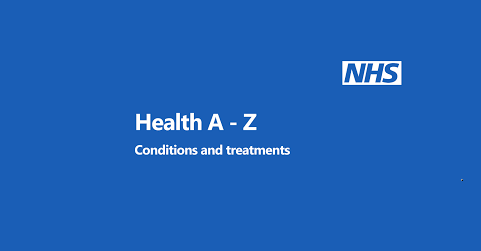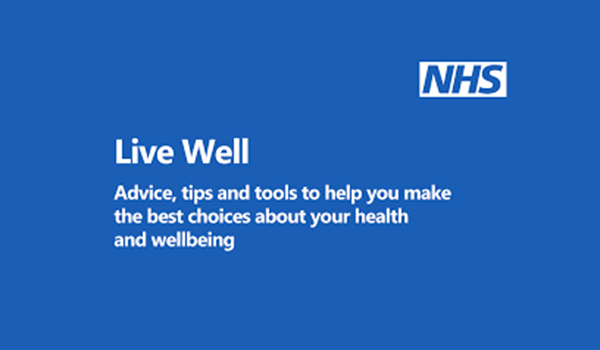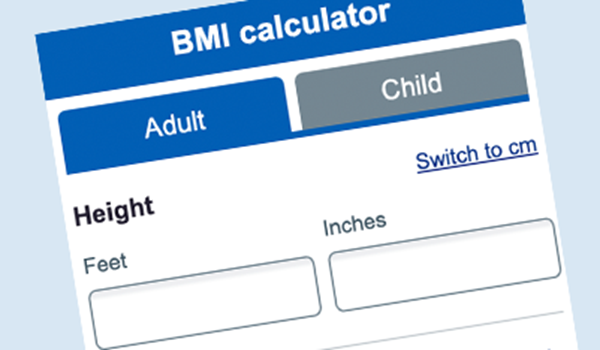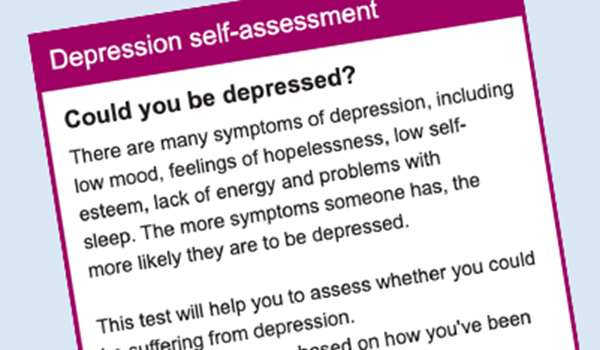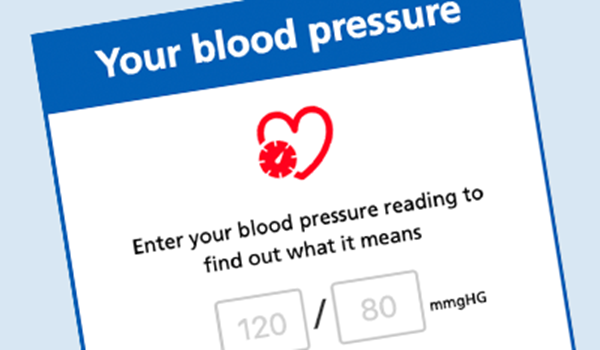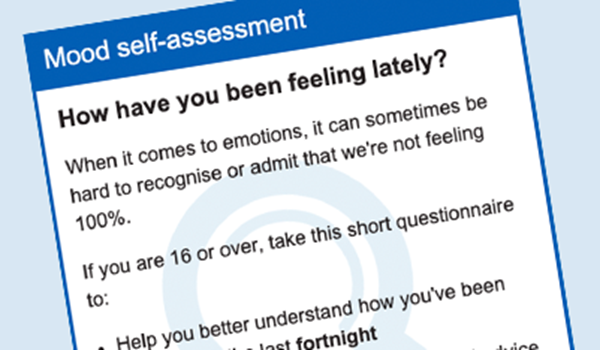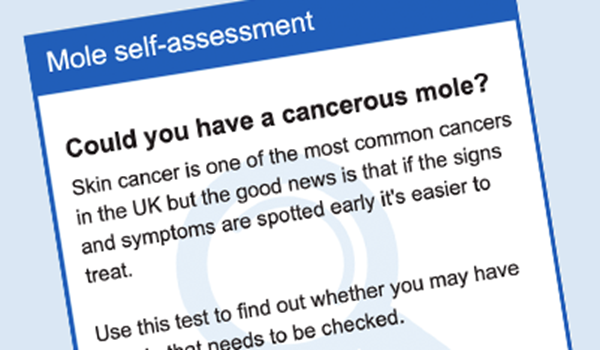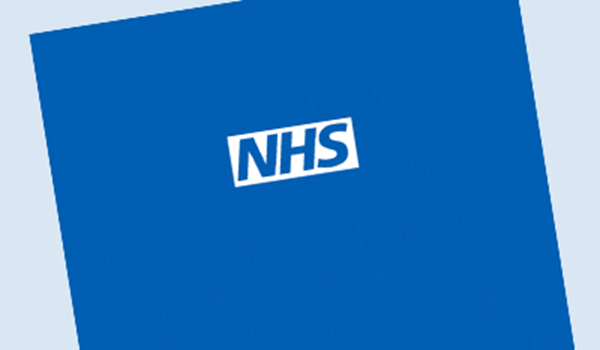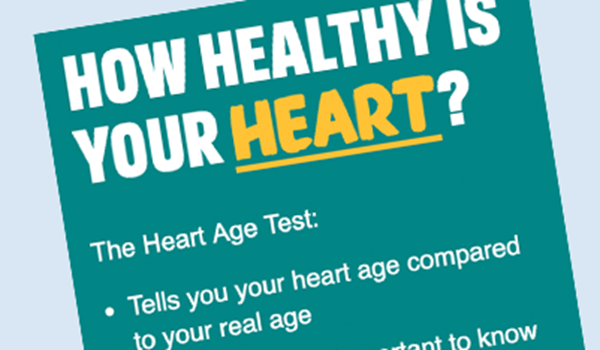Self Help, Wellbeing & Mental Health
Welcome to our self-help centre. Here you will find both local health information and NHS content and a selection of tools for health checks.
Mental Health Support
COUNSELLING
Counselling can help you cope with:
- a difficult life event, like a bereavement, a relationship breakdown or work-related stress
- difficult emotions like low self-esteem or anger
- other issues, like sexual identity
Counselling can help you have space to talk about what’s bothering you. It can help you find your own solutions so you can find ways of coping with your problems. You can self refer for counselling services in Aberdeen. Sessions are offered either face to face or via the telephone. Some organisations offering free counselling within Aberdeen city are below. Follow the links to self-refer.
- Cairns Counselling: https://cairnscounselling.org.uk/
- The Bounds: https://www.abdn.ac.uk/education/research/the-bounds/index.php
- The Foyer: https://www.aberdeenfoyer.com/services/health-and-wellbeing/counselling/
- ACIS: https://www.mha.uk.net/
- CRUSE, for specific support/ counselling relating to bereavement: Home : Cruse Bereavement Care (crusescotland. https://www.crusescotland.org.uk/org.uk)
- For counselling specifically for children and young people: email- office@mhaberdeen.org.uk or call 01224 573892
CRISIS SUPPORT
- Breathing Space: Mon-Thurs 6pm to 2am, Fri-Sun 24 hours - https://www.breathingspace.scot/
- The Samaritans: call 116 123 24 hours. samaritans.org/
SUPPORT FOR SLEEP PROBLEMS, DEPRESSION AND ANXIETY
Cognitive behavioural therapy (CBT) is a talking therapy that can help you manage your problems by changing the way you think and behave. It is most commonly used to treat anxiety and depression, but can be useful for other mental and physical health problems. Unlike some other talking treatments, CBT deals with your current problems, rather than focusing on issues from your past. It looks for practical ways to improve your state of mind on a daily basis.
You can speak to someone at the practice if you feel you could benefit from a referral for face to face CBT.
Alternatively, there are a range of resources that you can access and work through on your own, all based on a CBT approach. Some of these are listed below.
- Daylight: an online programme which guides you through interactive exercises to tackle your worries and feelings. These exercises help you learn to relax, change your perspective on anxious thoughts, and address your fears so you can feel more present and in-control
http://www.trydaylight.com/nhs
- Sleepio: an online programme which guides you through sessions to learn a range of cognitive and behavioural techniques that are proven to work. These techniques help establish a healthy sleep pattern by addressing negative thoughts and behaviours, and developing a routine to make falling asleep and staying asleep more automatic and natural.
Useful Websites
- Moodjuice- electronic booklets on a range of mental health conditions: https://www.nhsinform.scot/illnesses-and-conditions/mental-health
- Mood Café- information about a range of mental health related symptoms and conditions: https://www.moodcafe.co.uk/
Phobia (Flying)
FEAR OF FLYING
Patients come to us, asking us to prescribe diazepam for fear of flying. There are a number of very good reasons why prescribing this drug is not recommended.
1) Diazepam is a sedative, which means it makes you sleepy and more relaxed. If there is an emergency during the flight it may impair your ability to concentrate, follow instructions and react to the situation. This could have serious safety consequences for you and those around you.
2) Sedative drugs can make you fall asleep, however when you do sleep it is an unnatural non-REM sleep. This means you won’t move around as much as during natural sleep. This can cause you to be at increased risk of developing a blood clot (DVT) in the leg or even the lung. Blood clots are very dangerous and can even prove fatal. This risk is even greater if your flight is greater than 4 hours.
3) Whilst most people find benzodiazepines like diazepam sedating, a small number have paradoxical agitation and increased aggression. They can also cause disinhibition and lead you to behave in a way that you would not normally. This could impact on your safety as well as that of other passengers and could also get you into trouble with the law.
4) According to the prescribing guidelines doctors follow (BNF) Benzodiazepines are contraindicated (not allowed) in treating phobia. Your doctor would be taking a significant legal risk by prescribing against these guidelines. They are only licensed short term for a crisis in generalised anxiety. If this is the case, you should be getting proper care and support for your mental health and not going on a flight.
5) Diazepam and similar drugs are illegal in a number of countries. They may be confiscated or you may find yourself in trouble with the police.
6) Diazepam stays in your system for quite a while. If your job requires you to submit to random drug testing you may fail this having taken diazepam.
We appreciate that fear of flying is very real and very frightening. A much better approach is to tackle this properly with a Fear of Flying course run by the airlines. We have listed a number of these below.
Easy Jet http://www.fearlessflyer.easyjet.com
British Airways https://flyingwithconfidence.com/
Virgin https://www.flyingwithoutfear.co.uk/fear-of-flying-courses/adult-course/
Page created: 11 January 2023
